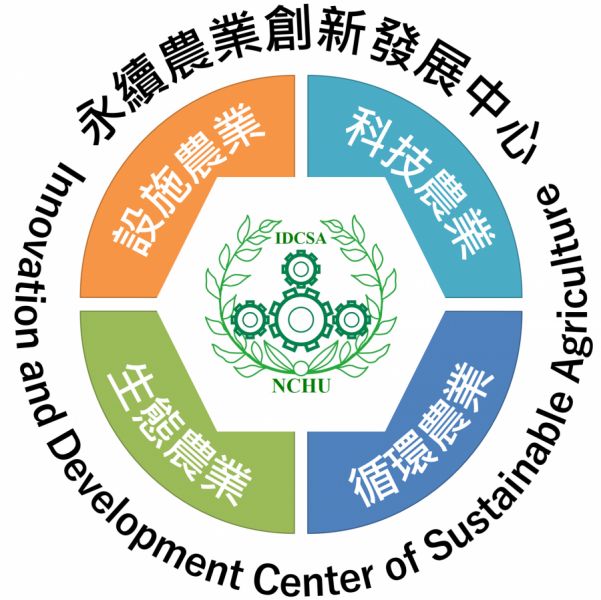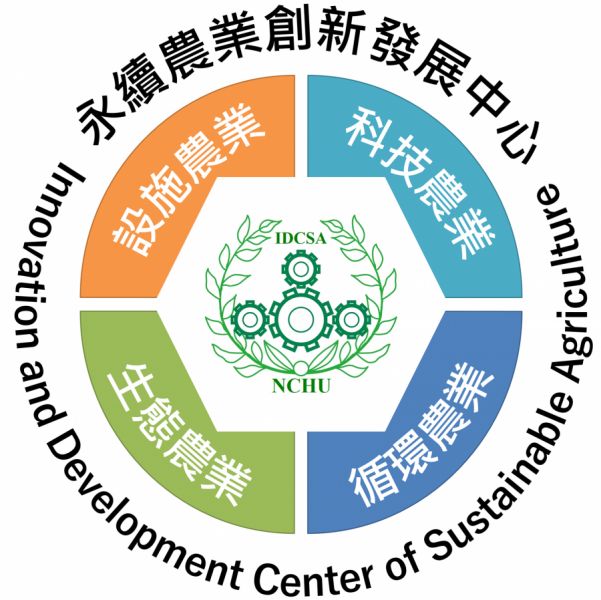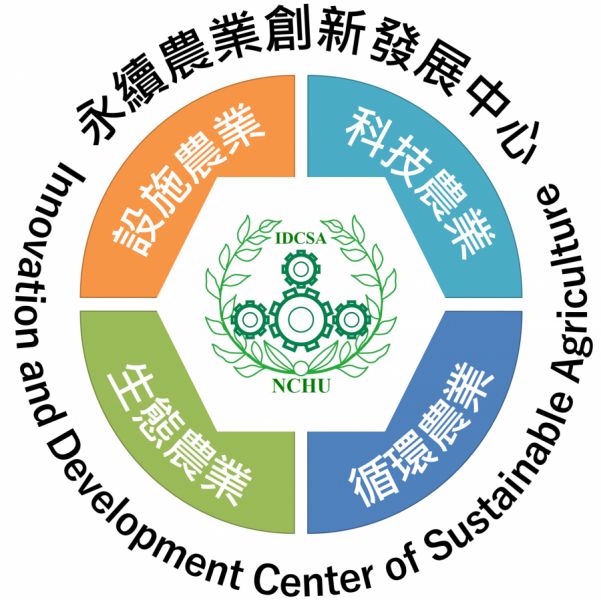Wood meal rinsed in H3PO4 solution prior to carbonization at 400ºC exhibited high adsorptive capacity of phenolic compounds. Compared with control, the disease incidence of celery was relatively low while applying about 0.2% WP400. EcoPlateTM analyses showed a significant decrease in the microbial communities which could utilize amines with the addition of WP400, suggesting that the small amount of WP400 could reduce biotic and/or abiotic stresses of celery. By clarifying the mechanisms, the biochar material may be applied to more crops with continuous cropping obstacles.
2022 Focus:
Identifying the unknown phenolic or other organic compounds that may cause the continuous cropping obstacles of celery. Clarifying the mechanisms of engineered biochar (WP400, exhibite the high adsorptive capacity of phenolic compounds) that reduced continuous cropping obstacles.




